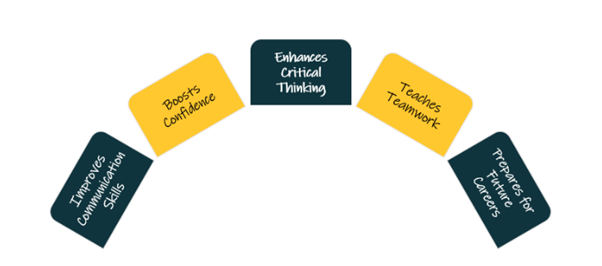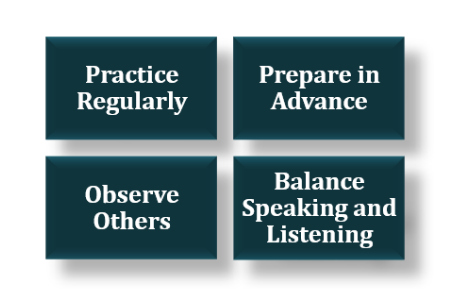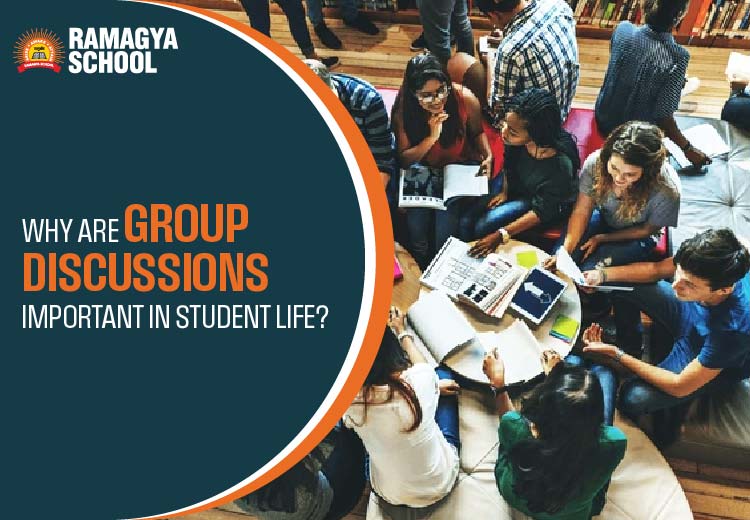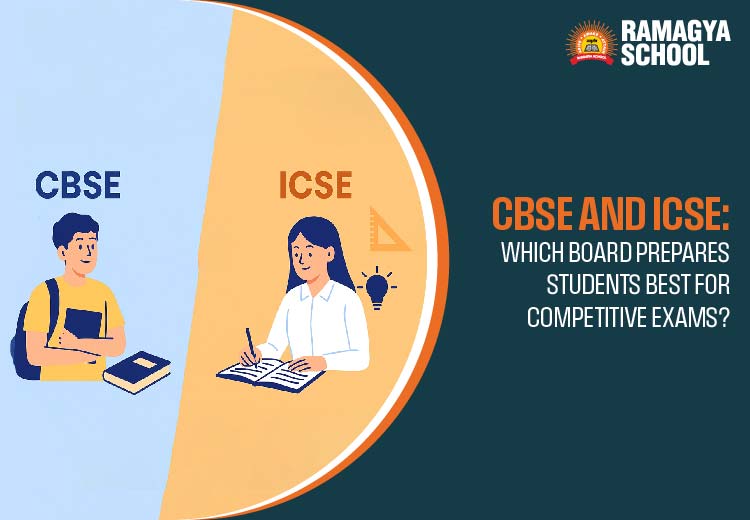Have you ever noticed how some students speak confidently in class while others hesitate, even when they know the answers? Imagine a classroom where every student feels heard, where ideas flow freely, and where learning becomes a shared journey. One of the best ways to develop confidence, communication skills, and teamwork is through group discussions. In student life, group discussions are not just about talking, they are about learning to listen, express ideas, and work with others.
What is Group Discussion?
Before we can understand the benefits it is essential to understand what constitutes a group discussion. The term “group discussion” refers to a planned discussion between a small group of participants or students in a specific subject. Everyone has the chance to share their views, and then respond to each other. The aim is to exchange ideas, solve issues or come to a conclusion in a group.
In short, the term “group discussion” is just like a conversation, however, with a purpose. It is a way to teach students to be confident and considerate when expressing their opinions.
Also read: What Life Skills Should Students Learn in School?
Importance of Group Discussion
The importance of group discussions in student life can’t be ignored. Here are the top reasons for every student to be a part of discussions:

- Improves Communication Skills: Participating in a discussion group assists students in expressing their ideas clearly.
- Boosts Confidence: Sharing your opinions in front of others lessens anxiety and boosts confidence in oneself.
- Enhances Critical Thinking: It is important to listen to the different perspectives and encourage students to think deeply and analyze the issues with care.
- Teaches Teamwork: Group discussions help students to listen to each other’s opinions and collaborate in order to come up with the best solution.
- Prepares for Future Careers: Many interviews and professional events involve group discussion. The training in the school can prepare students for real-world situations.
How to Make the Most of Group Discussions
To help students succeed, here are some group discussion tips for students:
- Listen Carefully: Pay attention to what others are saying before speaking.
- Speak Clearly: Use simple words and explain your point confidently.
- Stay on Topic: Focus on the subject of discussion without going off the topic.
- Be Respectful: Don’t interrupt others, and be respectful of their opinions.
- Share Relevant Ideas: Give examples or facts to support your opinion.
Applying these strategies will not only help students perform better, but also help them develop techniques that can be useful for examinations, presentations, and interviews.
Role of Schools in Group Discussion
Schools play a significant role in the development of these skills. The top CBSE affiliated school in Greater Noida encourages students to participate in discussions with their peers regularly as a part of their class activities. Through creating a safe and supportive environment schools can help students to feel at ease and encourage them to express their opinions.
Ramagya School: Top CBSE Affiliated School in Greater Noida
One of the top schools in the area, Ramagya School stands out as the top CBSE affiliated school in Greater Noida. What distinguishes Ramagya School is its commitment to helping students grow as confident and compassionate individuals. Students in group discussions are encouraged to talk freely, listen to each other and share their thoughts in a respectful way.Teachers help every child with patience to help them develop confidence and be able to express themselves in a clear manner.
What makes Ramagya School special is how it helps students learn life skills alongside their academics. Each group discussion gives students the chance to identify strengths, overcome shyness and develop confidence that lasts throughout their life. Students learn to speak with honesty and heart. Students also develop the ability to accept the different views of others, appreciate them and work in a group. This creates a positive atmosphere where each student feels respected, heard and encouraged to grow.
Group Discussion Tips for Students
Here are a few more useful group discussion tips for students to help them enjoy their time more:

- Practice Regularly: The more you participate, the more confident you become.
- Prepare in Advance: Read about common topics or current events to contribute meaningfully.
- Observe Others: Learn from peers who speak confidently and respectfully.
- Balance Speaking and Listening: Don’t dominate the conversation. Make sure everyone has an opportunity.
Using these tips, students can improve both academically and personally. They learn to handle pressure, respect opinions, and present themselves effectively.
Conclusion
Understanding what is group discussion and its advantages, as well as following group discussion tips for students can help each student excel in the classroom and beyond. At schools such as Ramagya School, the top CBSE affiliated school in Greater Noida, students are taught with respect and enthusiasm to take part in discussions, speak out and improve themselves. The habit of speaking or listening and engaging in discussions with others can help students acquire skills that last for a long time.
FAQs
Q1: What is the main purpose of a group discussion?
The main goal is to share ideas, gain knowledge from others, and develop critical thinking and communication abilities.
Q2: How often should students participate in group discussions?
Regular participation is best. Small conversations among friends or in class might be beneficial.
Q3: Can group discussions help in interviews?
Yes. Many job interviews include group discussions. Practicing in school prepares students for professional life.
Q4: How can shy students perform better in group discussions?
Start by listening carefully, then share small points confidently. Practice and preparation can help build courage.
Q5: What are common mistakes students make in group discussions?
Interrupting others, speaking off-topic, or dominating the discussion are common mistakes to avoid.




